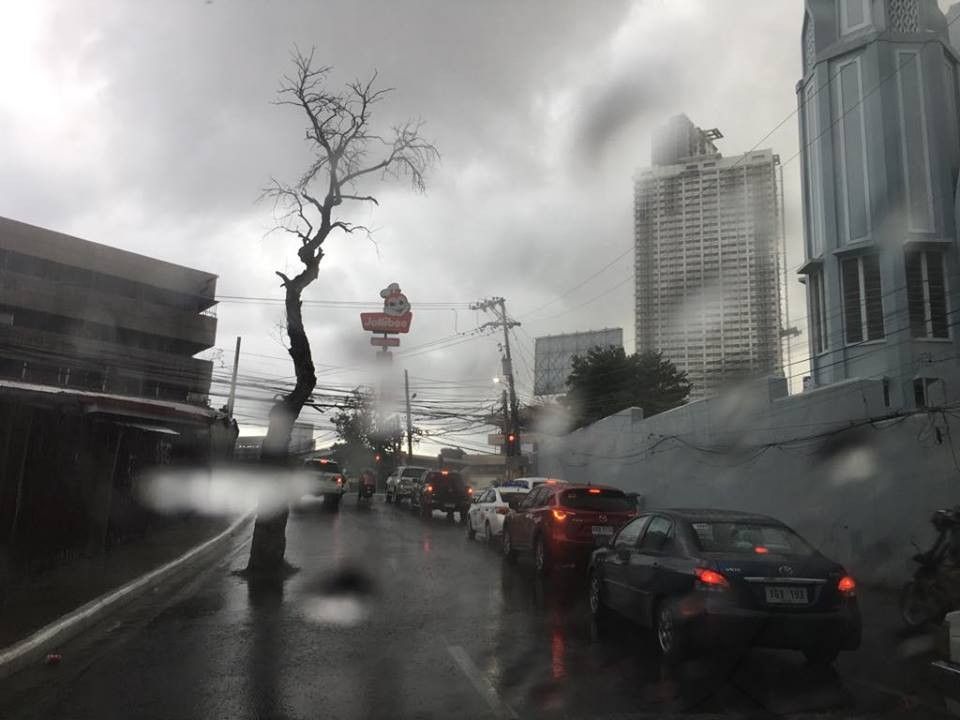PAGASA: Typhoon won’t hit Cebu

CEBU, Philippines — Amid the possibility of a super typhoon, a local official of the Philippine Atmospheric, Geophysical, and Astronomical Services Administration (PAGASA) has advised the public to stay calm because typhoon Maria will not have a direct impact in any part of the country.
Alfredo Quiblat Jr., officer-in-charge of PAGASA-Mactan Station, told The FREEMAN that typhoon Maria will not affect Cebu. He said that the rains that Cebu had experienced since yesterday are effects of localized thunderstorms.
"Even if there are chances that Maria will develop into super typhoon, people should not panic. They (Cebu residents) should rather be cautious and be prepared on the effects of thunderstorms," he said.
Quiblat said while the disturbance is closing in to the Philippine Area of Responsibility, it may only enhance the strength of the southwest monsoon or "Habagat." Monsoon rains, however, will only greatly affect the western parts of the country.
According to their forecast, the disturbance will not reach the landmass as it is expected to traverse only over the northeastern boundary of the Philippine Area of Responsibility.
PAGASA’s advisory yesterday indicated that typhoon Maria is expected to enter PAR today. It will be renamed Gardo. It is expected to leave by Wednesday morning. It maintains its strength at 185 kilometers per hour, moving in a northwestward direction, heading to Taiwan.
Quiblat advised the public to continue monitoring PAGASA's updates as significant changes in the weather pattern may occur. He said that in Cebu, thunderstorms are most likely to occur especially in the afternoon or evening.
He explained that based on historical data, occurrences of thunderstorms are commonly frequent every July as days near its peak season in August and September. Quiblat said one should not be complacent with thunderstorms since these systems cause hazards that may be as damaging as tropical cyclones.
Effects of thunderstorms include heavy rains, strong winds, lightning, and tornadoes, among others.
Prolonged rains may trigger flooding in low-lying zones or near the water channels and landslides in sloped areas, Quiblat added. (FREEMAN)
- Latest



















